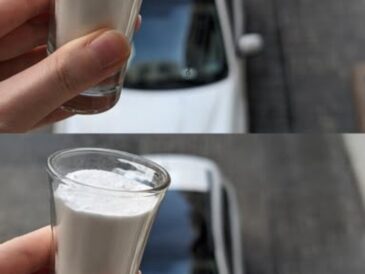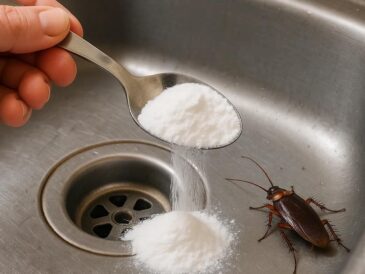Letting dishes accumulate can:
- Increase bacteria and pest attraction (public health concern).
- Disrupt your morning mood by confronting you with yesterday’s mess.
- Trigger a spiral of avoidance where one undone task leads to another.
- Impact your self-perception and reinforce negative beliefs about your capabilities.
As the saying goes, “How you do anything is how you do everything.” Tackling the dishes may be a small start to reclaiming your mental clarity.
7. Building a Healthier Relationship with Dishwashing
Here’s how to shift your mindset and habits:
✅ Reframe it: Think of washing dishes as a break or ritual — not a chore.
✅ Make it easier: Use music, a podcast, or even a timer to turn it into an engaging activity.
✅ Don’t wait: Clean as you go. A 5-minute rinse is easier than a 45-minute soak.
✅ Be kind to yourself: If dishes pile up, don’t judge yourself harshly. Use it as a signal to check in with your mental state.
Conclusion
Dirty dishes are more than just a sign of a messy kitchen — they’re a subtle indicator of what might be going on inside us. Whether they represent stress, mental overload, or emotional burnout, paying attention to our domestic habits can offer powerful insights into our mental well-being.
So the next time you see a growing pile in your sink, take a moment. Ask yourself not just “Why haven’t I done these?”, but “What do I need right now?”
You may find that washing the dishes is not just about cleaning up — it’s about clearing space, mentally and emotionally.
Further Reading & Sources
- Pychyl, T. (2013). Solving the Procrastination Puzzle: A Concise Guide to Strategies for Change.
- UCLA Center on Everyday Lives of Families (CELF) Study, 2010.
- Mindfulness and Dishwashing Study, Mindfulness Journal, 2015.
- Council on Contemporary Families Report, 2016.
- Psychiatry Research, “Executive Dysfunction and Depression,” 2020.




